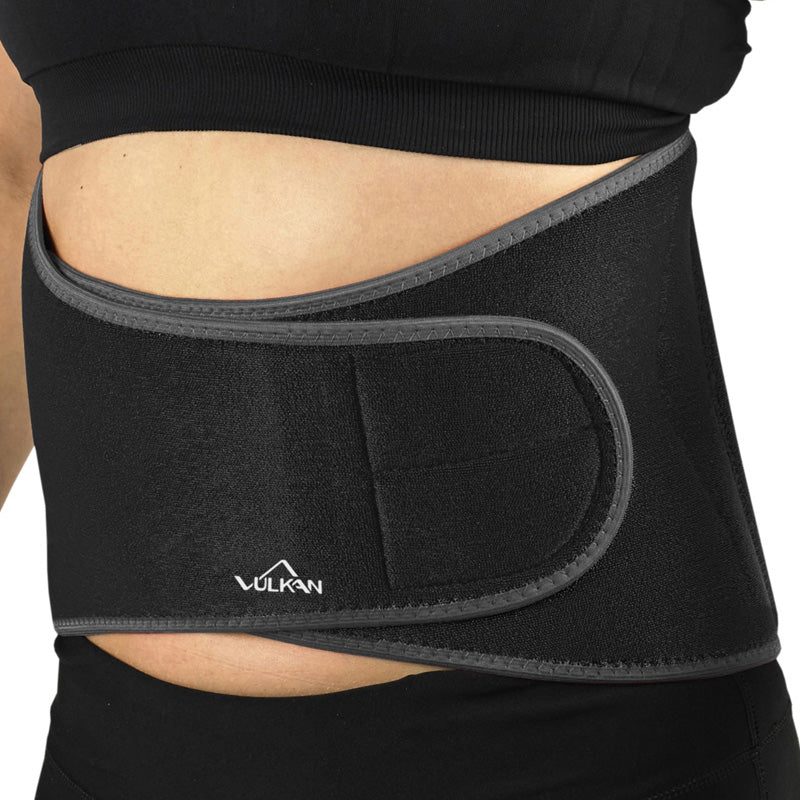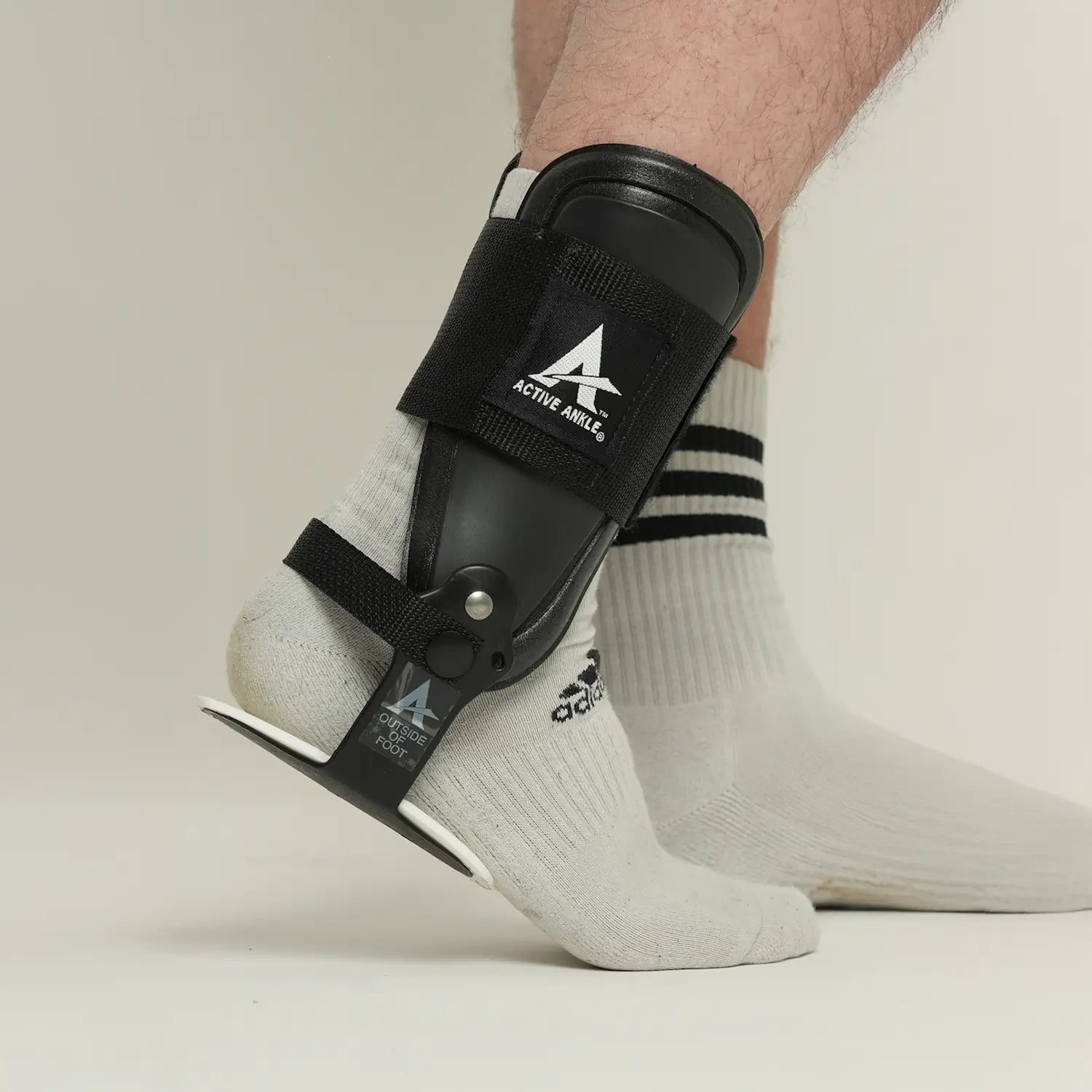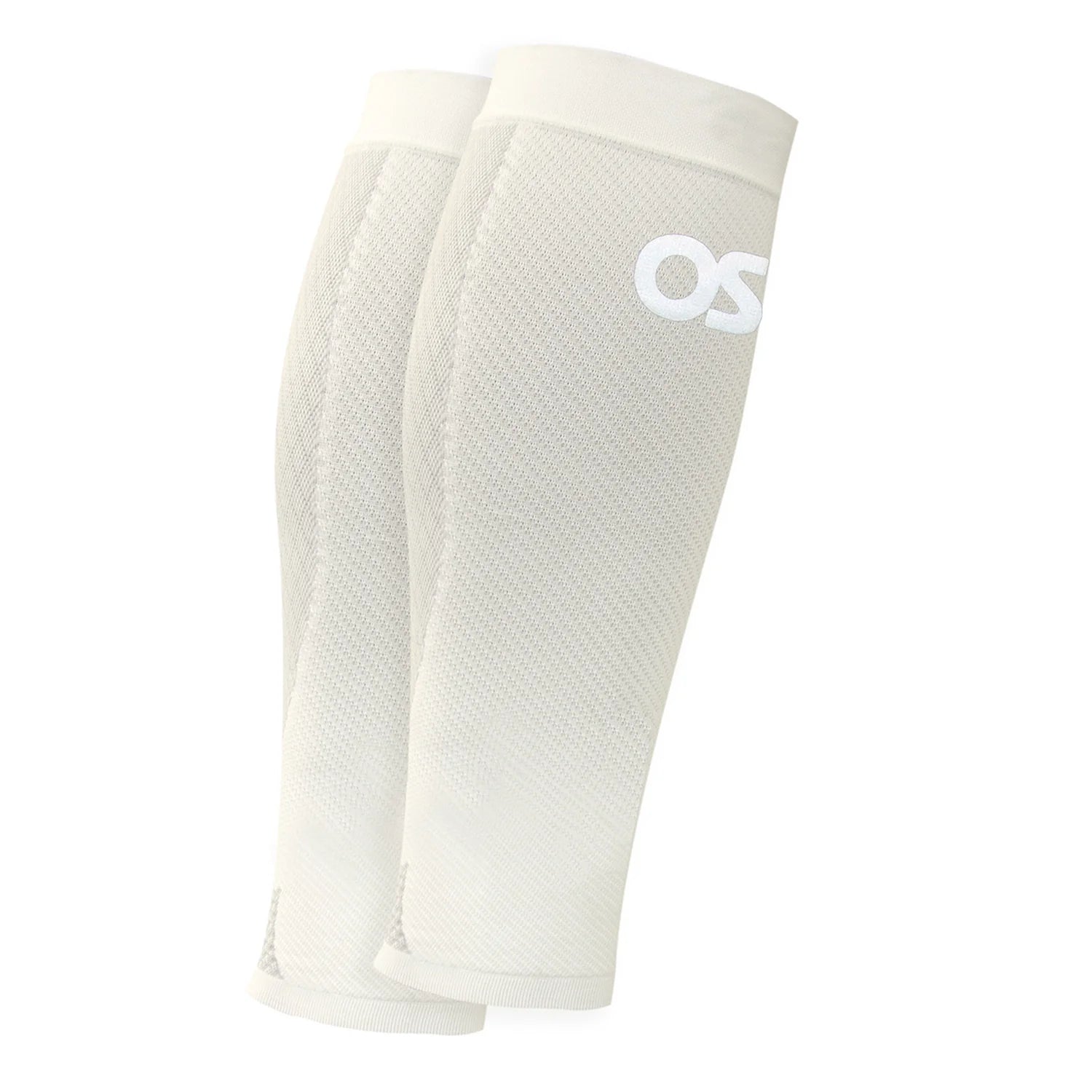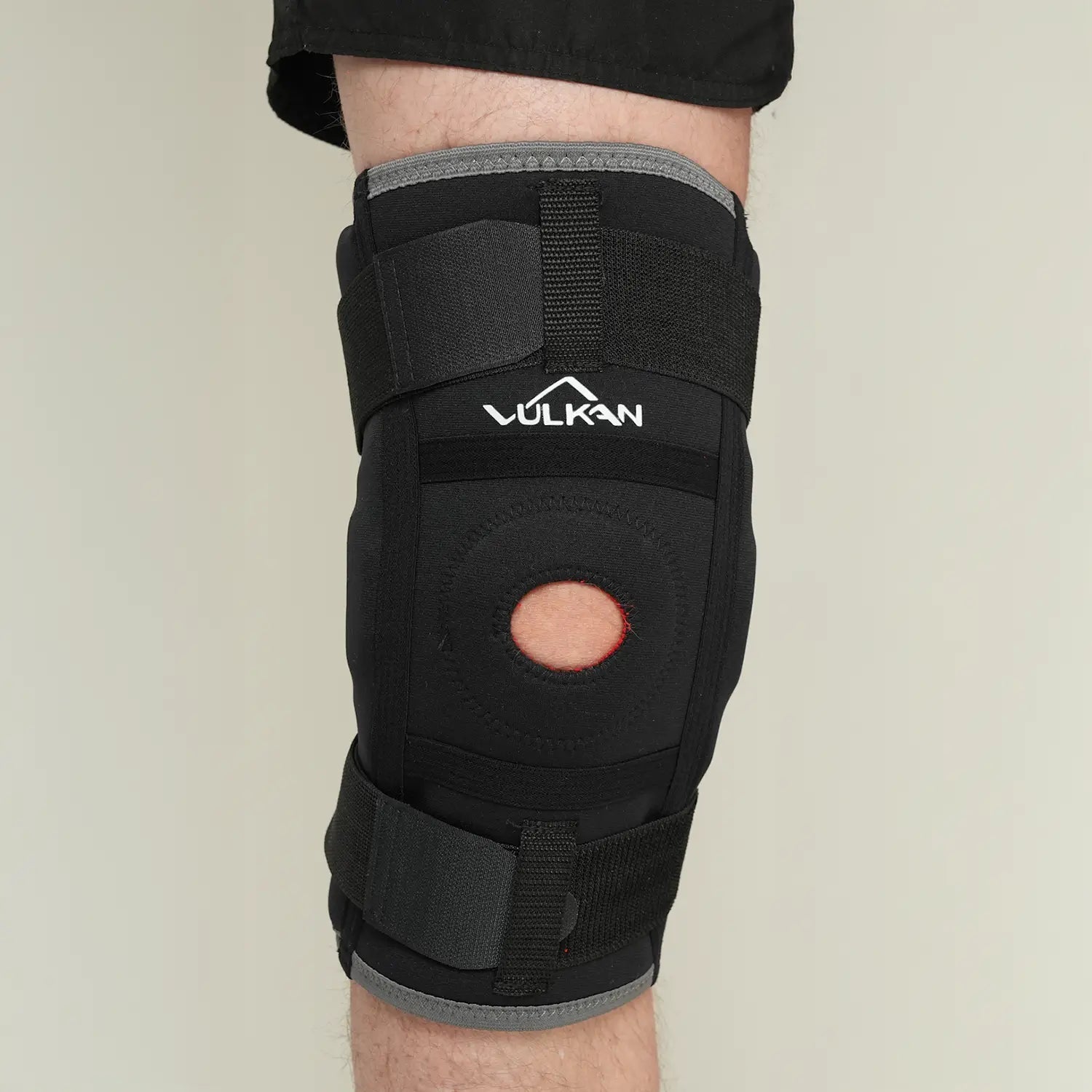
Shoulder pain
Content description
Shoulder pain is a common complaint that can affect both everyday activities and quality of life. The shoulder joint is one of the most mobile joints in the body, making it vulnerable to injury and overuse. The pain can range from mild to intense and can occur suddenly or develop gradually over time.
Symptoms of shoulder pain
Common symptoms include:
- Pain with movement, especially when the arm is lifted outward or above the head
- Stiffness in the shoulder joint
- Weakness in the arm
- Pain radiating down the upper arm
- Difficulty sleeping on the affected side
Causes of shoulder pain
Shoulder pain can be caused by a number of different things. One common cause is impingement, where tendons and bursae become pinched between the humerus and the shoulder blade during movement. This can lead to inflammation and pain. Another cause is rotator cuff injuries, where one or more tendons in the shoulder muscle group are damaged or torn, which can cause pain and reduced mobility. Frozen shoulder is a condition in which the joint capsule in the shoulder becomes stiff and inflamed, leading to pain and limited mobility. Bursitis, or inflammation of the bursa, can also cause shoulder pain, especially during movement. Other causes include osteoarthritis, where the cartilage in the shoulder joint breaks down, and overuse injuries from repetitive motion or heavy work.
Treatment of shoulder pain
Treatment for shoulder pain depends on the underlying cause. In many cases, self-care can be effective. It is important to keep your shoulder moving to prevent stiffness, but avoid activities that make the pain worse. Physical therapy can help strengthen the muscles around your shoulder and improve mobility. Painkillers, such as acetaminophen or anti-inflammatories, can relieve pain. In more serious conditions, such as a rotator cuff tear or frozen shoulder, cortisone injections or surgery may be necessary. It is important to consult a doctor for a proper diagnosis and treatment plan.
Preventive measures
To prevent shoulder pain, it is important to maintain good posture and avoid overuse. Regular exercise that strengthens the muscles of the shoulder can reduce the risk of injury. When working in jobs that involve repetitive movements or heavy lifting, be sure to use proper technique and take regular breaks. Avoiding sleeping on the affected side and using an ergonomic pillow can also help reduce strain on the shoulder.
When should you seek medical attention?
You should seek medical attention if your shoulder pain is intense, does not improve with self-care, or if you experience weakness, numbness, or loss of movement in your arm. You should also see a doctor if you have difficulty sleeping because of the pain or if your shoulder feels unstable. If you have signs of infection, such as fever or redness and swelling in your shoulder, it is important to seek immediate medical attention.
Can I exercise with shoulder pain?
It depends on the cause of the pain. Light exercise and movements that do not aggravate the pain may be beneficial. However, it is important to avoid activities that cause pain and to consult a physical therapist for customized exercises.
How long does it take to recover from shoulder pain?
Recovery time varies depending on the cause of the pain. Mild overuse injuries can improve within a few weeks with proper treatment, while conditions like frozen shoulder can take several months or longer to heal.
Is it common for the pain to get worse at night?
Yes, many people find that shoulder pain gets worse at night, especially when lying on the affected side. Using an extra pillow to support the arm or sleeping on your back can help reduce the pain.
When is surgery necessary for shoulder pain?
Surgery is usually considered when conservative treatments have not provided sufficient relief, or in cases of severe injuries such as a rotator cuff tear. The decision to have surgery should be made in consultation with an orthopedic surgeon.












